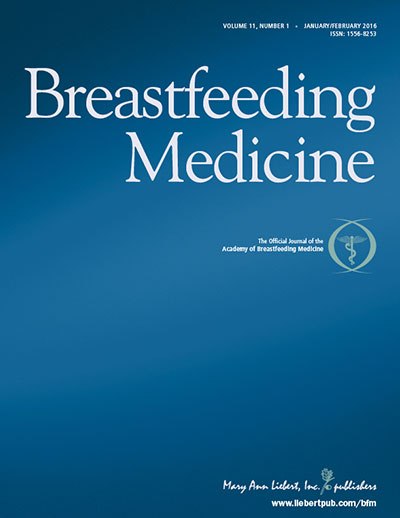For better health later in life, it is best to be born an average-sized baby states Dr Jean-Pierre Chanoine, Clinical Professor and Head of the Endocrinology and Diabetes Unit at Vancouver's Children's Hospital.
"The reasons are still unclear, but having a birth weight at the extremes of normal may be a risk factor for obesity or type 2 diabetes in adulthood," states Dr Chanoine. "Interestingly, being a small baby makes you 5-6 times more likely to develop the most common form of diabetes in adulthood." He adds that babies with high birth weights are two times as likely to become overweight adults.
Obesity is a booming field in North America. BC doctors are seeing an increasing number of heavy, inactive under-16 year olds. They're concerned about the link between obesity and the development of type 2 diabetes in kids, a few phenomenon that had previously been reserved to middle aged adults.
According to the Canadian Diabetes Association, the number of Canadian with diabetes is expected to increase over 50% by 2010. The Association is urging people to eat healthy and stay active to reduce their chance of getting diabetes.
Dr Chanoine is trying to understand why some fat babies become obese, while others don't. "There's no magic trick to solving this problem. It's important to start thinking about a healthy and balanced diet for your baby, starting with breastfeeding." He states that it's never too early to start getting children involved in physical activity, even as toddlers. "It's a lot easier than trying to modify the behavior of a heavy 15 year old."
Most babies are born with a healthy amount of fat and big-cheeked, chubby babies are not likely to become fat adults, according to Dr Chanoine, unless they develop poor eating habits and little activity. It's important that parents do not put their plump five year olds on diets, as fat is important for brain development in a child's early years.
Women with gestational diabetes, or diabetes developed during pregnancy, are at the highest risk of giving birth to a child who will develop diabetes later in life. It's critical that women with diabetes carefully control their sugar intake. When a mother has diabetes, her baby receives all the excess sugar.
Source: Canadian Diabetes Association











